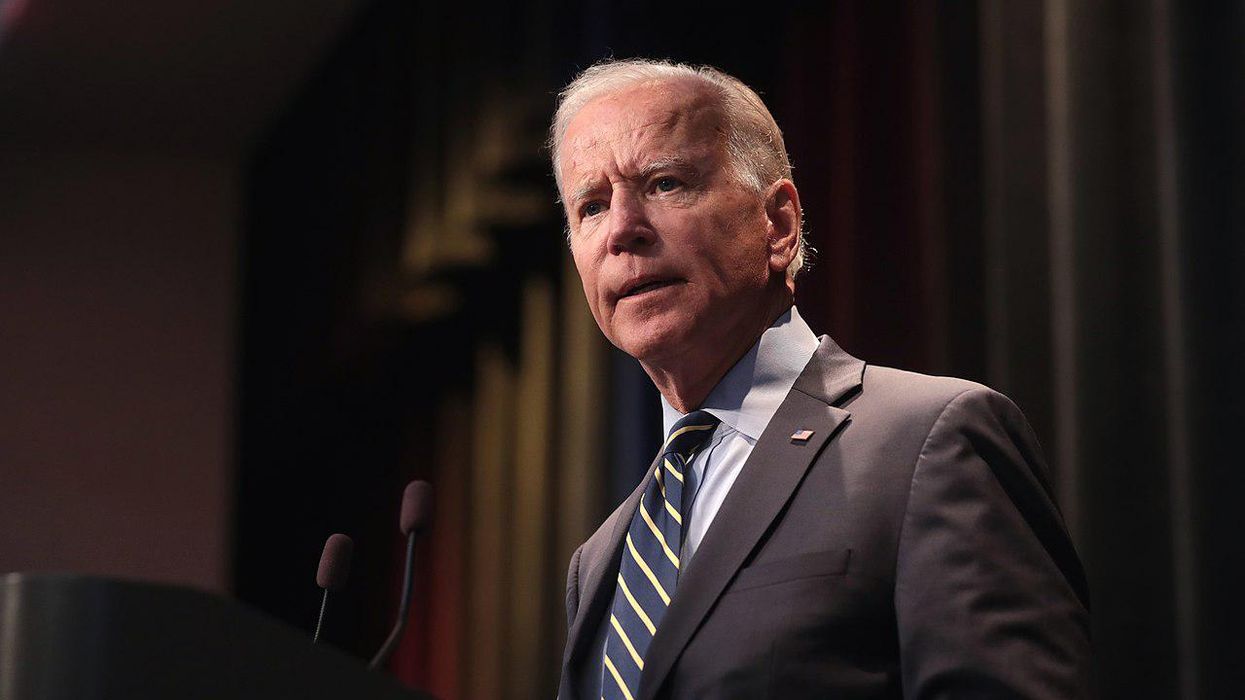Conservatives are attacking Biden’s economic agenda as ‘socialism’ — just as they did with FDR and LBJ: journalist

April 09, 2021 | 09:42AM ETPush Notification

Conservative economist Michael R. Strain, director of economic policy for the American Enterprise Institute, has been critical of President Joe Biden's expanded child tax credit — which he believes "has the potential to" negatively "change the relationship between the citizen and the state." And other conservative economists share Strain's viewpoint. But liberal journalist Jonathan Chait, in an article published by New York Magazine on April 9, lays out some reasons why expanding the child tax credit to the American middle class is good policy on Biden's part — noting that conservatives have a long history of attacking social programs as a move in the direction of socialism.
"Biden's child tax credit expansion is mainly designed as an anti-poverty program," Chait explains. "So, why does so much of it — more than three-fifths — go to households that are not in poverty? The answer is that giving money exclusively to poor families is a design choice that creates problems of its own."
Chait continues, "One is political: Programs with narrow, politically disempowered constituencies are easy to cut, and Republicans have long focused their welfare state rollbacks on programs targeted to the poor. The second is economic. If you create a benefit that only poor people can receive, then by definition, you have to remove that benefit as they become non-poor. This creates a work disincentive: People who earn more money are punished by having their benefits taken away."
The journalist notes that "Biden's child tax credit plan does phase out, but only by extending the phaseout well into the comfortable middle-class income range." And Strain, Chait points out, "frets that giving middle-class people regular checks will broaden their expectations of government."
Chait notes that conservatives have long claimed that any liberal efforts to expand the United States' social safety net — whether it was President Franklin Delano Roosevelt's New Deal during the 1930s or Medicare and Medicaid under President Lyndon B. Johnson's Great Society during the 1960s — represented "an unstoppable slide down an icy slope toward socialism." But the U.S., Chait stresses, has a "meager" social safety net compared to other major developed countries.
"The slippery slope critique of any welfare-state expansion relieves conservatives of any obligation to debate the merits of a specific program," Chait observes. "Their target is not just Biden's child tax credit or (former President Barack) Obama's health-care reforms, it is all the other programs that will inevitably follow."